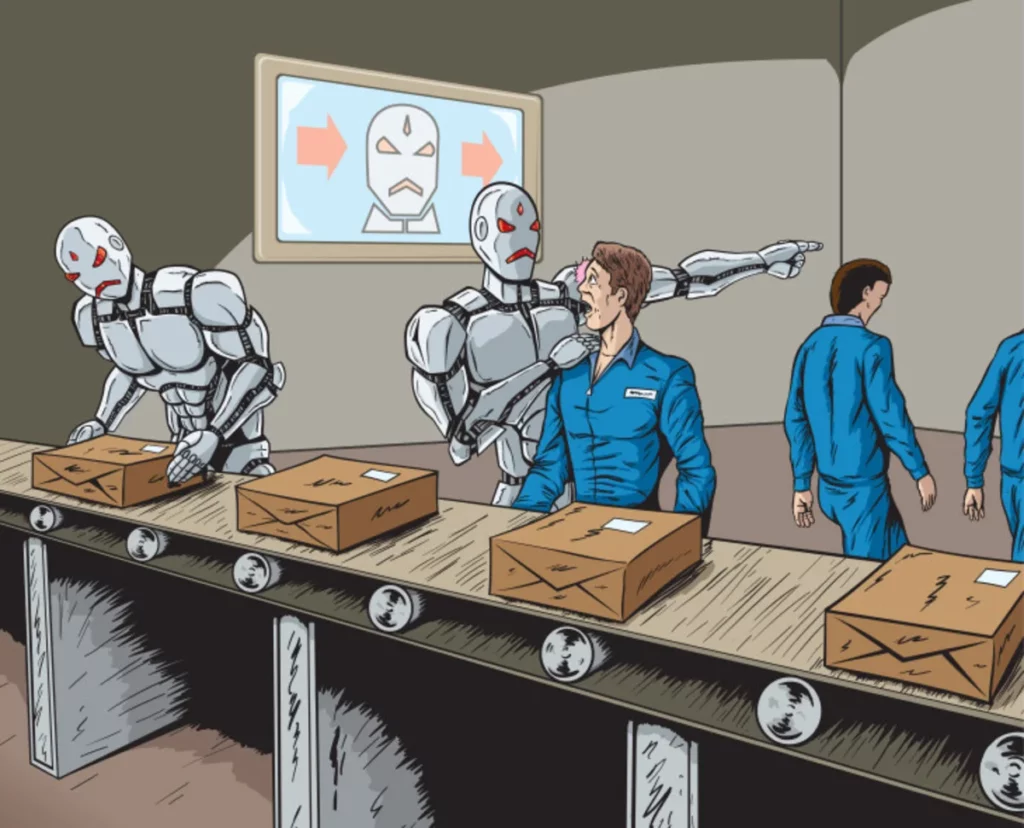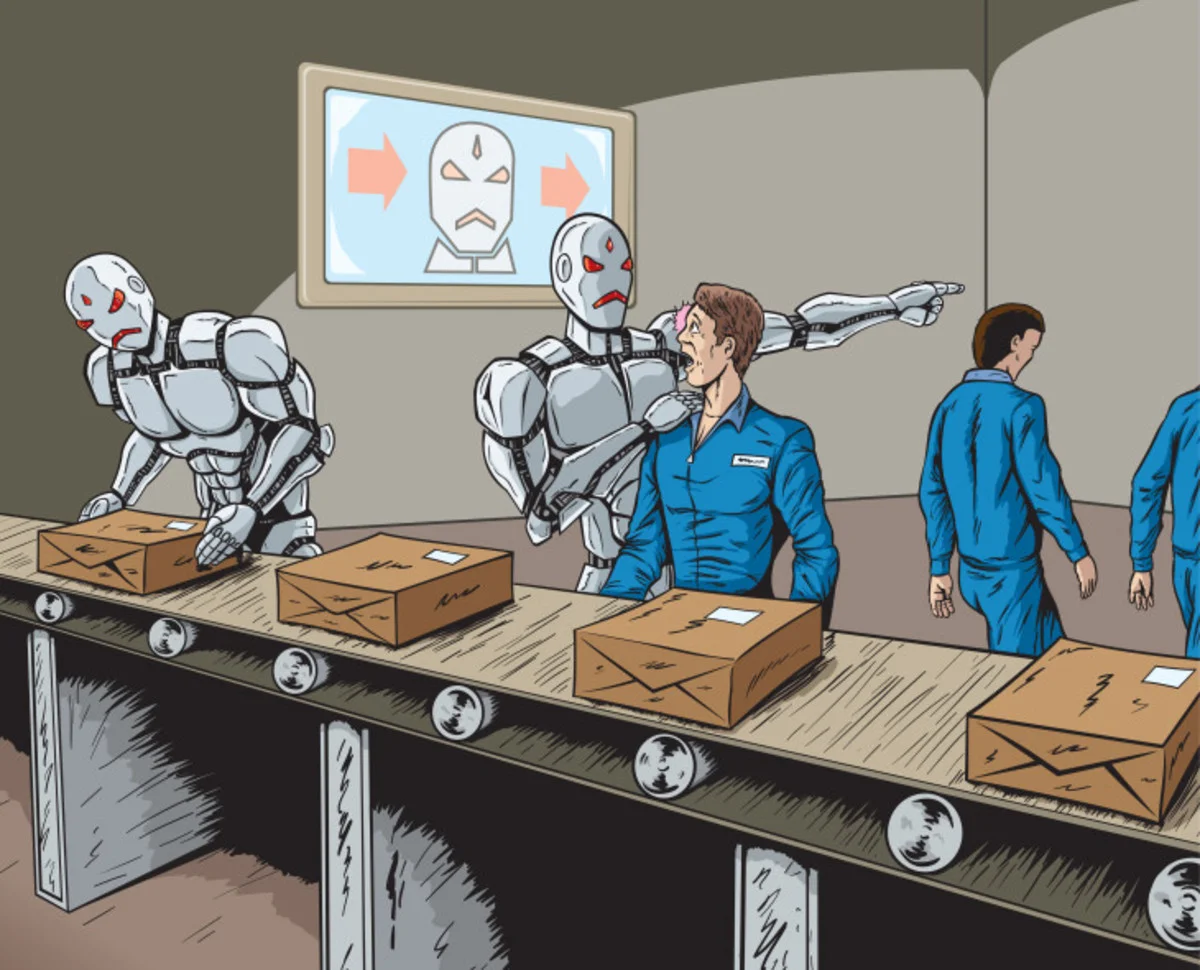Artificial intelligence (AI) is a rapidly advancing field of technology that has the potential to revolutionize industries and transform the way we live and work. However, with the increasing use of AI in the workplace, there is a growing fear among workers of job loss due to automation. This fear, known as “AI anxiety,” is a real and pressing concern for many employees.
AI has already made significant inroads in the workplace, particularly in industries such as manufacturing, transportation, and finance. AI-powered machines and robots can perform many tasks more efficiently and accurately than humans, leading to increased productivity and cost savings for businesses. However, as AI technology advances, more and more jobs may become automated, leaving many workers out of work.

The fear of job loss due to AI is not unfounded. A recent report by the McKinsey Global Institute found that up to 375 million workers worldwide may need to switch occupations or acquire new skills by 2030 due to automation. The report also found that workers in lower-paid, routine jobs are most at risk of being displaced by automation.
In addition to the fear of job loss, there are concerns about the impact of AI on job quality. Many AI-powered jobs may be low-skilled, low-paid positions with few opportunities for career advancement. This could lead to a widening income gap between those with AI-related skills and those without.
To address these concerns, it is important for businesses and policymakers to take a proactive approach to AI and its impact on the workforce. One solution is to invest in training and education programs that help workers acquire the skills needed for jobs that require human abilities such as creativity, critical thinking, and emotional intelligence. These skills are less likely to be automated and will be in demand in the future.
Another solution is to develop policies that support workers who may be displaced by automation. This could include measures such as unemployment insurance, retraining programs, and job placement services. These policies would help ensure that workers are not left behind in the transition to an AI-powered economy.
Finally, it is important to ensure that AI is developed and deployed in an ethical and responsible manner. This includes addressing issues such as bias and discrimination in AI algorithms, ensuring that AI is transparent and explainable, and protecting the privacy and security of individuals’ data.
In conclusion, AI anxiety is a real and growing concern for workers as the use of AI in the workplace continues to increase. It is important for businesses and policymakers to take a proactive approach to address these concerns and ensure that the benefits of AI are shared by all members of society. By investing in training and education, developing policies to support workers, and promoting ethical and responsible AI development, we can create a future where AI works for everyone.




